We’re excited to introduce you to the always interesting and insightful Brock Smith. We hope you’ll enjoy our conversation with Brock below.
Brock, thanks for joining us, excited to have you contributing your stories and insights. Let’s start with what makes profitability in your industry a challenge – what would you say is the biggest challenge?
It’s always interesting to engage in conversations centered around profitability, especially between seasoned entrepreneurs and lifelong workforce employees. Recently, the discussions tend to meander towards the unique pressures facing the marketing industry, and broader creative industries today. The ubiquity of accessible automated creative tools has led to our clients frequently internally debating the merits of managing projects in-house versus outsourcing to agencies like ours. Not to mention this dilemma is further complicated by the advent of AI, that’s basically shifted the very backbone of almost all communications, ranging from high-level copywriting down to routine email correspondence. The ease-of-use and widespread availability of these tools has started to empower clients to simply consider handling projects in-house in lieu of hiring agencies like ours; and of course that inevitably plays a role in contract negotiations. Bearing in mind the pressure for value clients are expecting these days, our approach in positioning ourselves as problem solvers, and striving to alleviate as much burden from our clients as possible has been tremendously successful for us. In practice, this usually translates to a monthly retainer in which we tackle anything and everything they need rather than quibbling over individually invoiced line items or the number of hours spent on a project. I always try to align us as a way to reduce communication mis-management, especially between multiple agencies or contractors. This way, we avoid pitfalls like playing telephone down the line, incompatible files, and missed deadlines that inevitably cascade in the worst way. Moreover, the client’s thankfulness in the simplicity of issuing a single payment each month, as opposed to six, cannot be overstated. I’ve found that despite being priced higher than a client’s nephew or a recent college graduate, the peace of mind a client feels knowing we’ve got everything under control has been worth its weight in gold. This philosophy has been crucial to our ability to outlast many competitors over the last 15 years.
I think a more interesting discussion on profitability than in business-to-business contexts occurs within our own circles, among peers, employees, and colleagues in this industry. Whenever I attend local design and marketing conferences the conversations among employees delves into salaries after a few cocktails. What has made itself apparent, at least in my experience, is the Occupy Wall Street movement highlighted a significant schism in how much of the workforce views their employers, revealing a tendency among many employees to view company owners and CEOs with skepticism, if not outright antagonism.
I recall a conversation about 6-7 years ago, sparked when an employee was CC’d on an email thread and saw an overall project budget on something they were contributing to. This led to light-hearted prods about potential raises. My response took them by surprise as I revealed that the project’s entire budget would be allocated towards EFTPS taxes: unemployment, social security, state and federal withholdings, medicare etc.—essentially, it was all going towards overhead, contributing solely to the operational costs of the company, not my pockets. We proceeded to delve down a rabbit hole into the complex reality of running a business and the responsibilities employers shoulder when trying to ‘feed the machine,’ so to speak. I explained that in addition to these expenses, there were countless others that extend out, from the office mortgage, to utilities, a dozen software subscriptions, online storage, etc. That’s not to mention covering healthcare benefits, paid time off, liability insurance, property taxes, building insurance, worker’s comp insurance, and even things like new computers every couple years along with photography/videography equipment. The list goes on and on, and all these costs need to be met in addition to each employee’s salaries before we can even begin to talk about “profits” to be made.
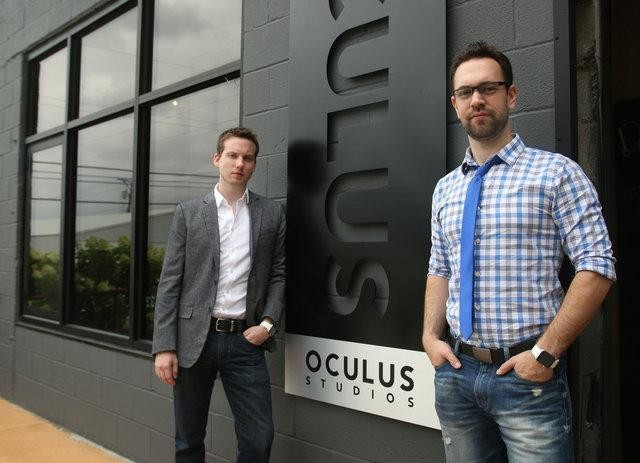
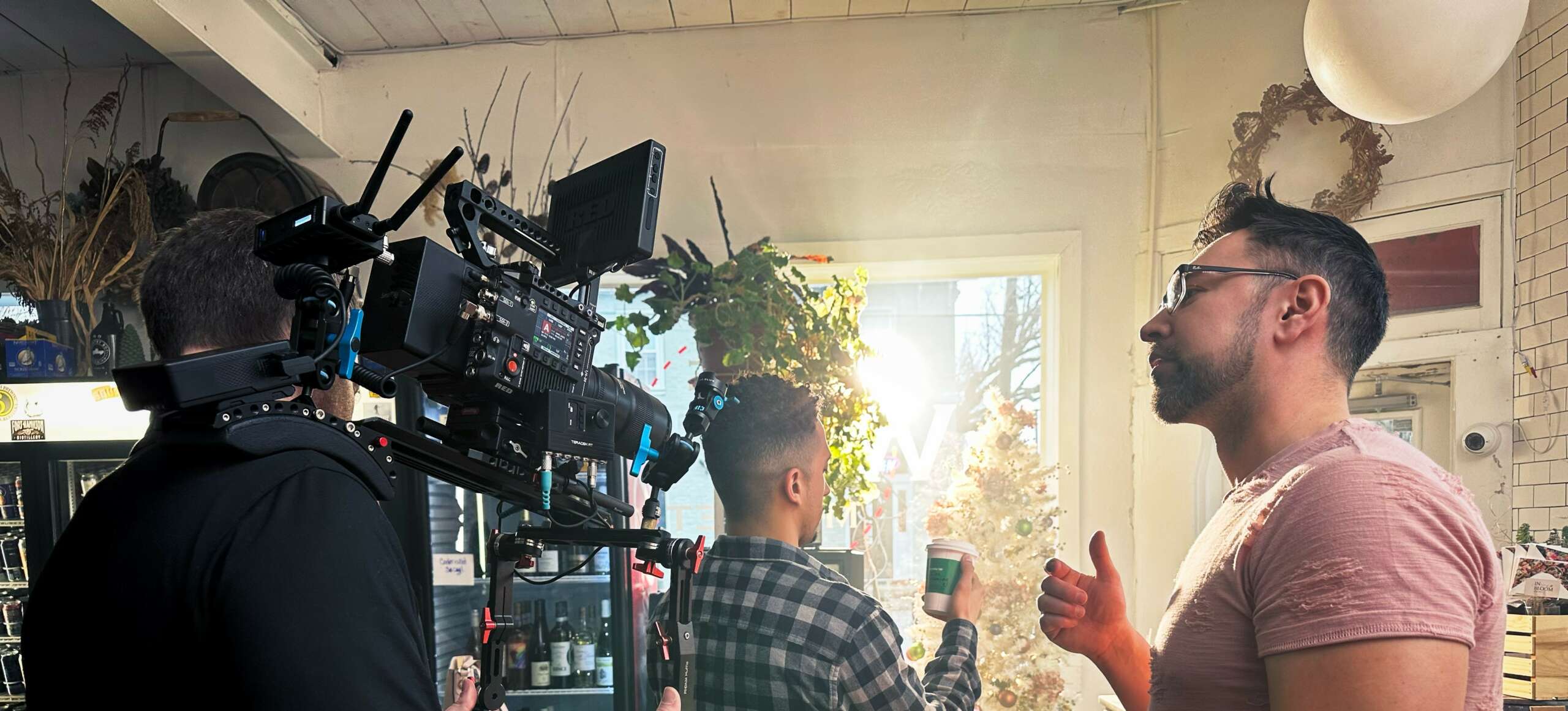
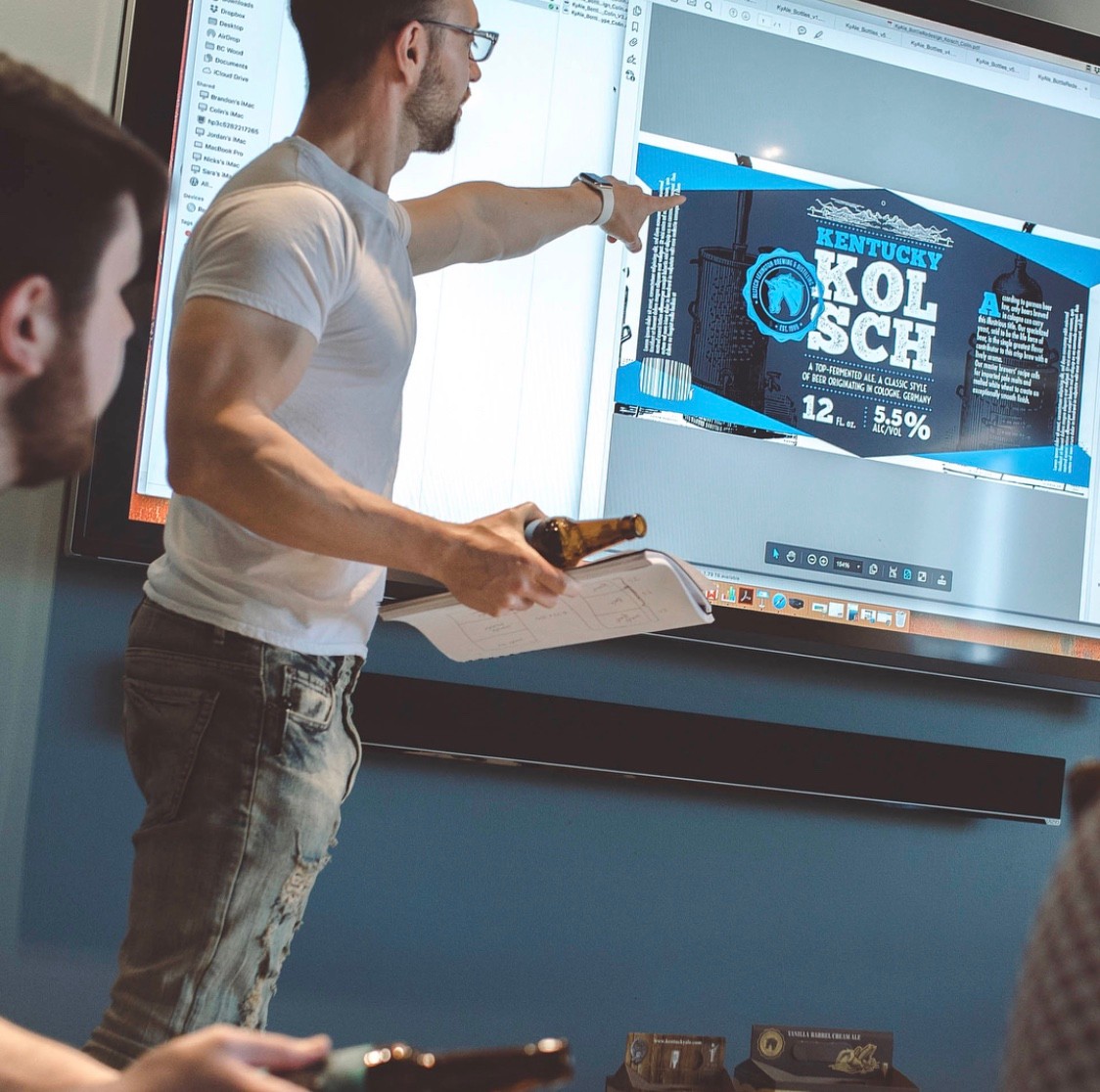
Brock, before we move on to more of these sorts of questions, can you take some time to bring our readers up to speed on you and what you do?
My name is Brock Smith, and I’m Co-CEO and one half of a boutique ad agency nestled away in the heart of Lexington, KY. Alongside Whit Bussey, my lifelong buddy since first grade, we’ve etched our mark in the Bluegrass State over the past decade and a half. After completing film school in Los Angeles, we hightailed it back to our roots, bringing with us everything we had learned, and a drive to make a difference. Today, we stand behind an incredibly diverse roster of clients, each a pillar within their respective industry. From the state’s largest car dealership, to the largest credit union and the largest brewery, all the way down to mom and pop shops with big visions and aspirations; we offer a comprehensive suite of services including commercials, billboards, radio spots, 3D animations, web design, and print materials—all completely in-house. With over 100 AAF awards, 20+ Emmys, 50+ Telly Awards, and dozens of other honors from groups like AIGA and CUNA, we strive to honor our clients’ passions and hard work by mirroring it with our own.
Office hardware is cool and all, but ultimately meaningless without making a positive impact on our client’s lives. I’m most proud of the messages of deep thanks detailing how we’ve gone above and beyond—be it resolving a web emergency in the dead of night, dedicating weekends to polish partnership pitches, capturing heartfelt videos for Make-A-Wish, or conducting interviews with widows of fallen officers for fundraisers out of heartfelt convictions—those are the things that fill me with immense pride. It’s understandable for people to experience companies who might hide behind the fine print, refusing to budge beyond what’s written, but we always strive to step up to meet needs, no matter what. It’s in these pivotal moments that we truly excel, leaving a significant mark on the lives and businesses throughout Kentucky. It’s one of the few contributions I’m proud of that turned these gray hairs of mine into trophies.
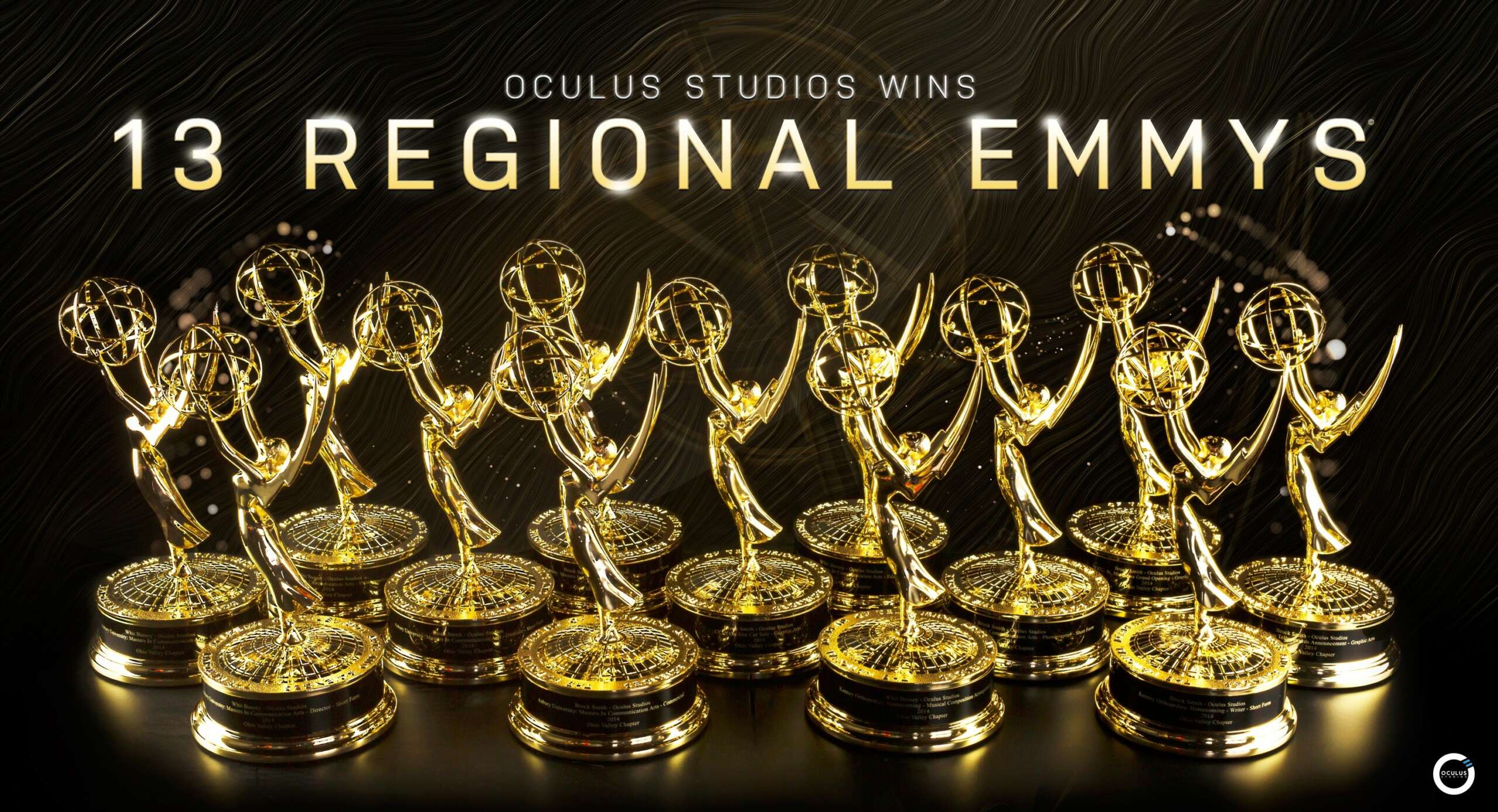
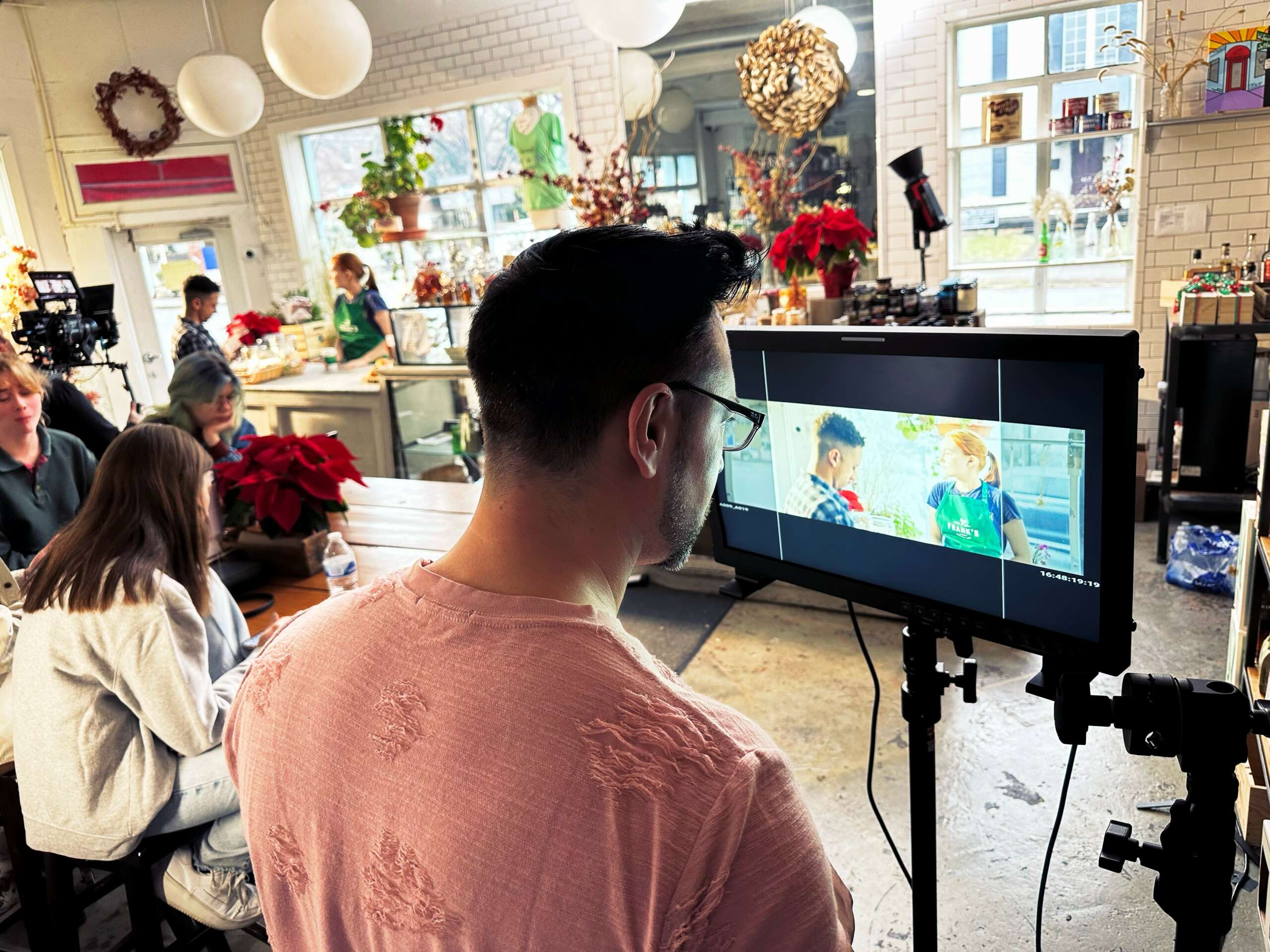
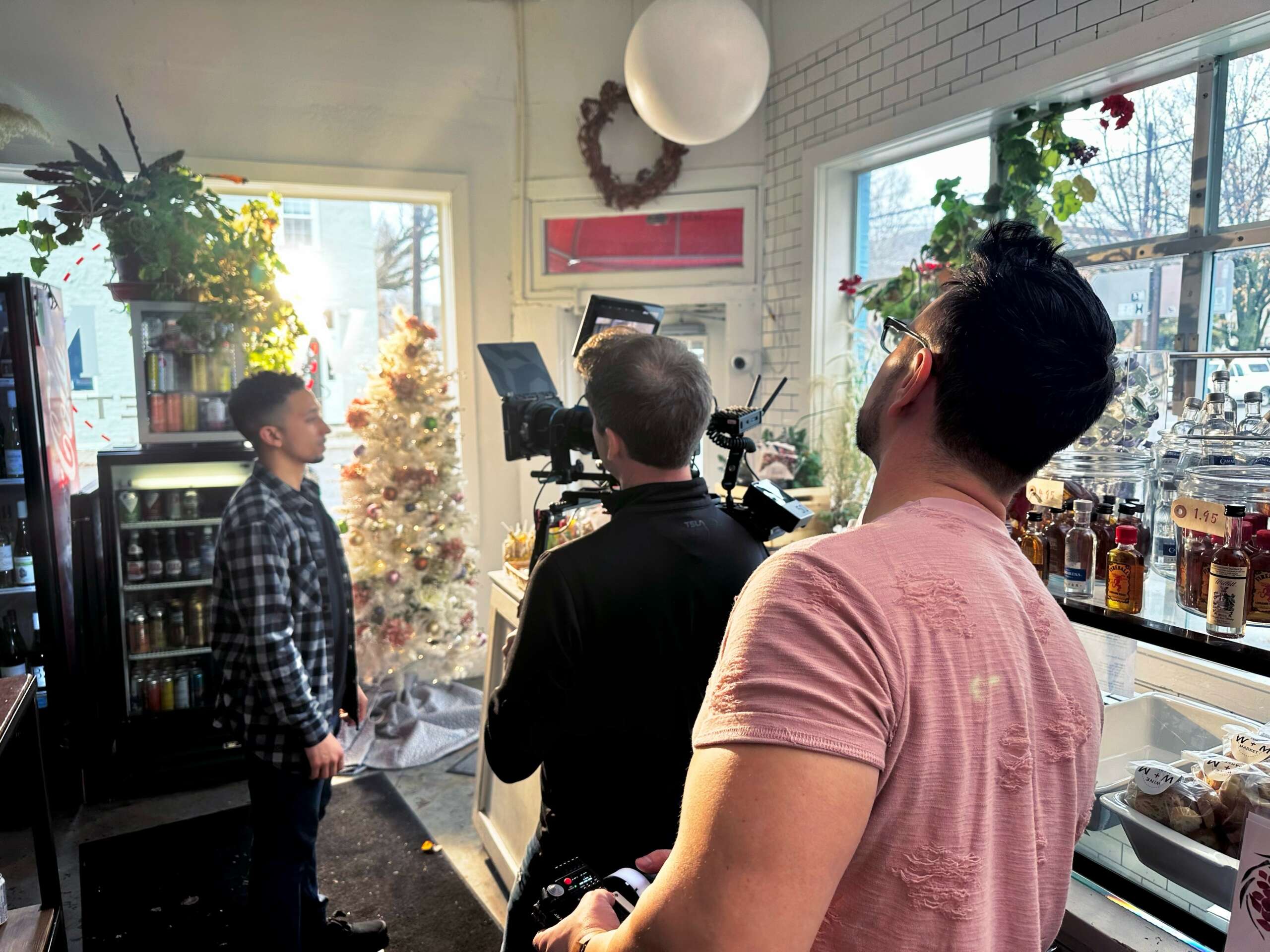
Can you tell us the story behind how you met your business partner?
Well, it’s quite a humorous story really. I met my business parter, Whit, a few decades ago, all the way back in grade school days in a quaint little school here. At the time, I was utterly engrossed in a point-and-click mystery game series by Roberta Williams called “King’s Quest.” Having just conquered King’s Quest 6, I found myself in a bit of a pickle — my allowance was woefully insufficient to snag the next installment, King’s Quest 7. Enter Whit, a classmate who not only had the game but was also generous enough to let me borrow it.
This flourished into daily meetups during recess, where we’d exchange solutions to the game’s myriad riddles and puzzles. We even swapped notebooks filled with our meticulously handwritten maps and notes. I’ve actually held onto one of those blue notebooks to this day. It’s funny, little did we know at the time, our early teamwork in tackling virtual challenges would blossom into a professional partnership dedicated to solving real-world problems.
How did you put together the initial capital you needed to start your business?
Ya know, if I pause and reflect on the early days of Oculus, I’m not entirely convinced I’d take the same path if given another shot. It was such a labor of love plagued by endless all-nighters, pro-bono work, and crafting mock projects for our portfolio just to use in client pitches. We were determined to claw our way into relevance within the local market through sheer perseverance. I was making poverty level income in my cramped apartment (around $17k/yr if I remember correctly), and surviving primarily off a diet of Kellogg’s Chocolate Chip Muffin Tops and an unhealthy amount of coffee. In my early 20s, without any significant connections, my only strategy was the only one I had in my arsenal: outwork everybody else.
Joining forces with Whit was truly a game-changer. Together, we pooled our skills, offering mutual support, an extra pair of eyes for quality checks, and a shared strategic vision for the future. Gradually, our efforts began to pay off. Each year brought modest improvements, allowing us to leverage completed projects to attract new clients, cover our rent, and eventually hire our first employee—and then another, and another. Working at a slow pace this way allowed us to grow while staying mostly debt-free, aside from necessary property investments, though it often came at the expense of Whit and I’s personal earnings.
Looking back, if I were to start over today, I’d likely explore options like seed capital, angel investors, or bringing on additional partners to ease the financial strain and accelerate our growth, which I’m sure would make these gray hairs inevitable either way.
Contact Info:
- Instagram: http://instagram.com/oculusstudiosky
- Website: www.OculusStudios.com


